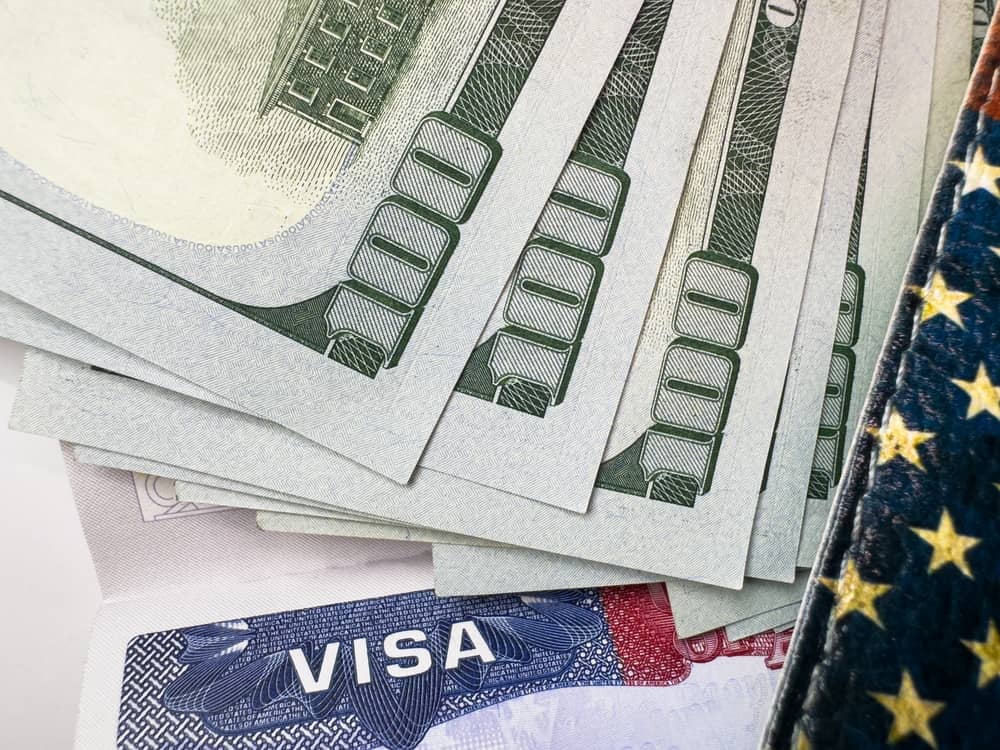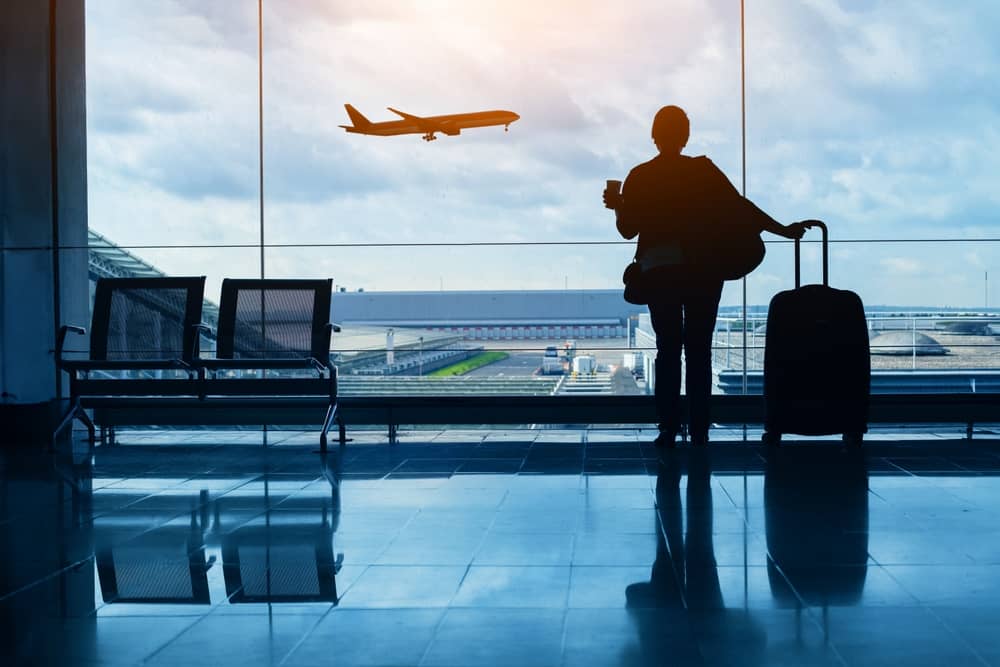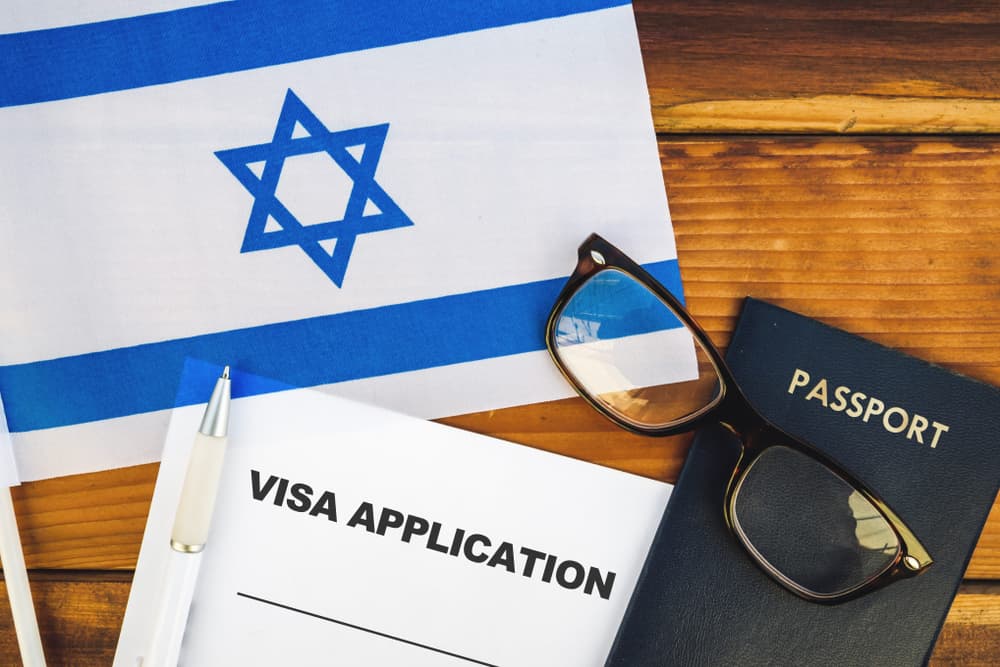
3 minute read | Last update: January 14, 2026
The United States has recently approved a new Visa Integrity Fee, which is expected apply to a wide range of U.S. visas.
The measure is part of the 2025 Reconciliation Bill and has been approved by lawmakers and signed into law. It is currently expected to take effect in early 2026, although the exact start date has not yet been officially confirmed.
For international travelers, the new fee will add to the existing costs of entering the U.S. In this post, we explain who will be subject to the charge, as well as what's known about refund policies and the details on enforcement.
What Is the U.S. Visa Integrity Fee?
The Visa Integrity Fee is an additional surcharge that will be added to U.S. visas and entry permits. The new fee will be charged on top of standard processing costs that travelers already pay for visas.
The Integrity Fee is set at $250. It's designed to fund national security, border management, and immigration enforcement. This new measure was officially signed into law on July 4, 2025, as part of the the One Big Beautiful Bill Act (H.R. 1).
Changes set out in the Bill cover a broad set of immigration categories, including the Visa Waiver Program (ESTA), U.S. tourist and business visas, I-94 forms, TPS (Temporary Protected Status), and parole programs.
Some types of visa costs, like I-94, parole, and TPS fees, have already been amended for other reasons not related to the Integrity Fee.
Who Will Be Affected by the Integrity Fee?
Based on current information, the fee is expected to apply mainly to travelers who need a U.S. non-immigrant visa, such as tourist and business visas. It is not intended to affect travelers entering the United States under visa-free programs.
The U.S. Visa Integrity Fee could impact:
- B1/B2 visas for tourism or business
- Temporary student or work visas
- Other types of non-immigrant visas
It’s important to note that other travel-related fees, such as the Form I-94 fee paid by some land-border travelers, are separate from the Visa Integrity Fee and are not affected by this measure.
How Will the New Visa Fee Work?
Details about how the Integrity Fee for U.S. visas will be rolled out and implemented are still being confirmed. At this stage, there is no official guidance on exactly when or how the fee will be collected.
It’s thought that the Visa Integrity Fee will be charged during the application process, along with the standard application fee. However, this has not yet been formally confirmed, and payment procedures may differ from the current system used for visas.
Refund rules are not yet finalized. As it stands, the law does not confirm whether applicants will be eligible for money back if their entry permit is denied, they withdraw their applications, or cancel travel.
Experts currently anticipate that the $250 fee will be non-refundable. It's important to bear this in mind in case your application is not accepted, and you're unable to travel to the United States.
When Does the Fee Start Being Collected?
Although the Visa Integrity Fee was approved as part of legislation passed in July 2025, U.S. authorities have not yet confirmed when the fee will begin to be collected.
October 2025 was initially indicated as a potential launch period, but since this has passed, there is still no officially announced start date for charging the fee to visa applicants.
If you’re planning to visit the U.S. soon and need an entry permit, make sure to monitor any updates closely. It’s possible that applying earlier may help avoid the extra cost.
What Impact Is Expected?
The increase in U.S. visa prices is expected to affect both tourism and business travel.
Countries with high travel volume to the U.S., like Mexico, India, Canada, and Brazil, are expected to feel the biggest impact. Frequent visitors, including foreign students and business professionals, may see their U.S. visa fee cost increase significantly for regular trips to the United States.
Some travel associations have raised concerns that increased costs may discourage international visitors from traveling to the United States. In particular, the added cost to ESTA fees is notable, given that they are currently relatively low.
On the other hand, Republican lawmakers argue that the funds raised from the Integrity Fee will strengthen U.S. immigration systems and improve border security.
Share


